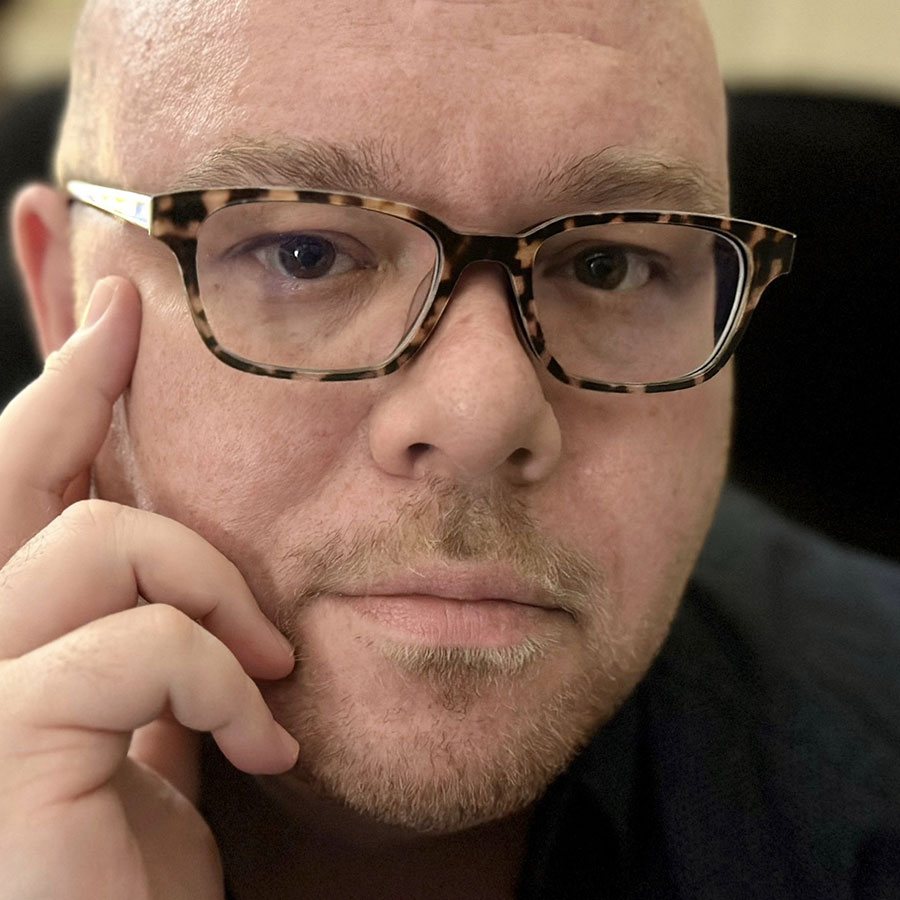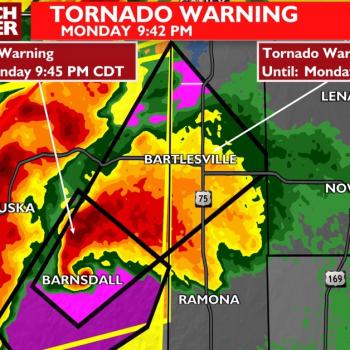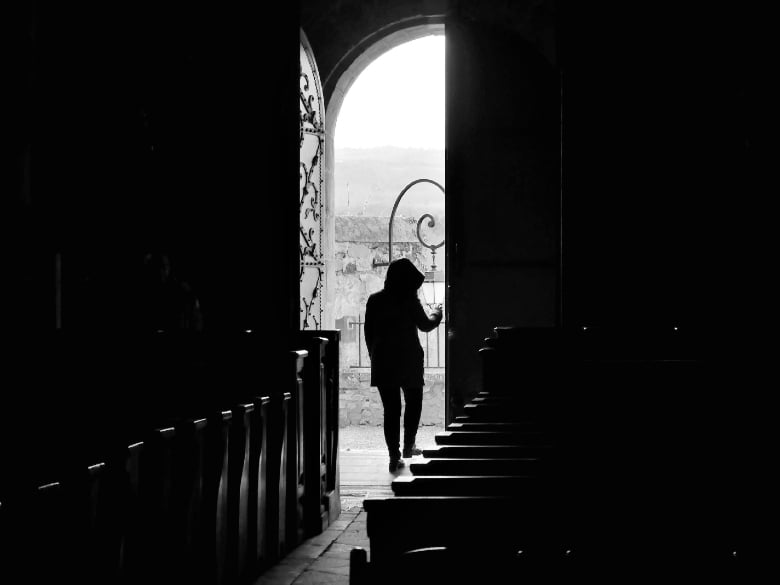
I’m leaving the only denomination I’ve ever known. And though I’m positive I will connect with another church network, I refuse to be a part of a church that prioritizes institutional goals over loving others and making Christlike disciples.
I’m done with the institutional church.
I realize that this does not make me particularly unique, and that is precisely my point: there are quite a few of us—even clergy—who have broken up with the church, and we are never ever coming back.
Here is a video I made to serve as my resignation:
A Little Backstory
I was the third generation of my family to have membership in the Church of the Nazarene, which many of my peers considered “new blood” even though the denomination is only 116 years old.
In 1954, my maternal grandmother was invited to a home church in Overland Park, Kansas that was part of the Church of the Nazarene. My mother has no memories of childhood before exposure to church in general and the Church of the Nazarene specifically, and neither do I. We are both lifelong members, or more appropriately, “lifers.”
Though it is true that as a child my relationships were networked socially to a degree through school and family, church remained my primary source of connection with others. It’s where my real friends were, and my parents brought me every time the door was open.
I remember one Sunday evening at church when I was four years old watching a missionary family show an endless presentation of slides from what seemed like an exotic area, with mountains, rivers, and villagers who looked quite different than anyone else I had ever seen in my hometown of Tyler, Texas. Though the missionary attested to the difficulty of their work, I sensed they were filled with determination, purpose, and something that even today I can only describe as courage. They were willing to enter a culture and location totally alien to their own, and share their lives with others who may not appreciate their differences.
That night, as I lay awake in bed, I remember grappling with the boldness and faith serving as a missionary must take. It was quite difficult for me to appreciate, as I was not even old enough then to have experienced a full day at school. Suddenly, I knew with no doubt that serving as a missionary was God’s will for me. This instant knowledge was somehow instinctive, in the same way I understood water is wet and could distinguish my right hand from my left. It was almost as if a voice in my head and my heart reassured me, “That’s what I want you to do.”
Most kids in that day and age dreamed of one day driving a firetruck, being an astronaut, or perhaps a baseball player, but I never harbored such ambitions. I was called to be a missionary, and I spent my entire youth preparing to fulfill that calling.
And though the road has been very hard, God provided people along the way who believed in me and enabled me with resources so that I could be the person God called me to be by partnering with the church.
In Essentials, Unity
I’ve always loved the diversity of the church. In my (now former) denomination, I believed such diversity made us stronger and united us. For example, some may believe that God conjured the entire universe from nothing in six 24-hour periods, while others propose that the Genesis narrative describes the Big Bang and the process of Darwinian evolution, but we all affirm that God is our creator.
This isn’t a new concept. “In essentials, unity; in non-essentials, liberty; in all things, charity” is a quote that has been ascribed to a variety of theologians over the centuries, but for many churches and denominations has served to be a guiding thesis on how to navigate what makes us different and what makes us better together.

But in the Church of the Nazarene, a culture of fear has been festering for several years now across the globe, and in particular in the United States among clergy. Groups outside the denomination like Concerned Nazarenes and persons affiliated with parachurch organizations including the Holiness Partnership (tHP) have published hate speech online challenging established teachings in the Church of the Nazarene, and have also denounced anyone who proposes affirmation of the LGBTQ+ community as “diabolical,” “heretics,” “false teachers,” “unholy,” and “apostates.” Their criticism has been extended to me personally as well.
Unfortunately, denominational professionals on both a local and global level have been seduced by these pressures to violate the limitations of their powers and, rather than find loving solutions to resolve differences, are abusing affirming clergy by firing them, restricting financial support for their families and ministry, engaging in gossip, and in several cases filing accusations of conduct unbecoming a minister and teaching out of harmony with the doctrines of the church.
For the past few years, I have endured some of these abuses too. I’m not going to take it anymore.
A Cowardly Ultimatum
Even before I contributed an essay to the book Why the Church of the Nazarene Should Be Fully LGBTQ+ Affirming (the title is self-explanatory), my family and I had experienced institutional abuses. Once I mentioned in a pastor’s think tank on social media that I was LGBTQ+ affirming, my closest colleagues confronted me the very next day, and within a month, a proposed relocation of the church I pastored was unexpectedly denied. Eventually, all support by my denomination for my church evaporated.
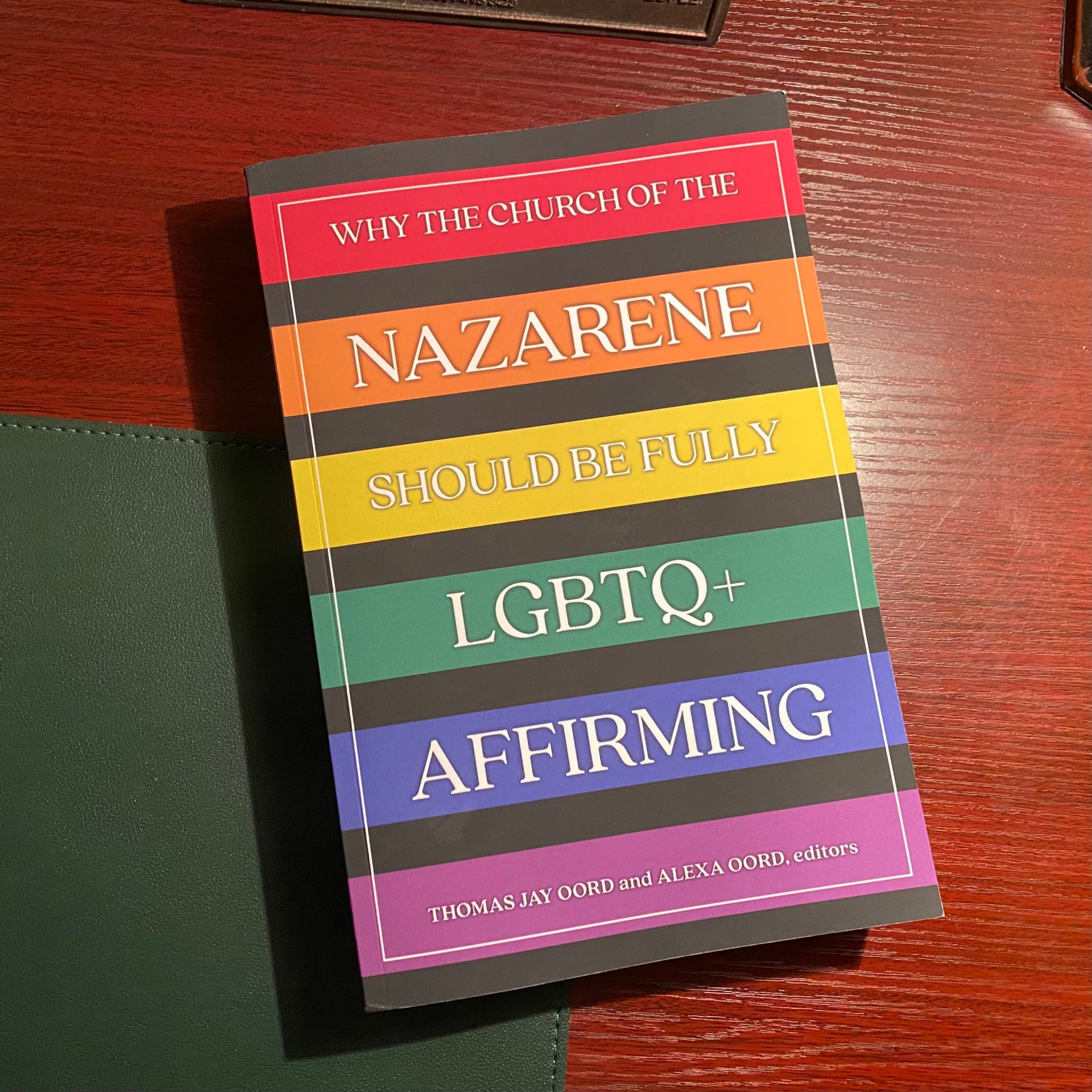
My family moved to South Texas and I served in various ministerial capacities at more than one Nazarene church before officially being assigned to lead a church-type-ministry in Galveston. Once my new district leaders discovered my affirming stance, the ministry (which was growing) was abruptly cancelled, and my ministerial status changed to “unassigned.”
Meanwhile, I was asked to write this very column, and therefore my opinions are read by thousands of people across the world.
I remember my assistant district superintendent asked who I thought I was to question the church’s authority, implying my lack of aspiration for higher leadership within the church somehow invalidates my educated theological opinions. His condescension wasn’t merely arrogant; it was a deliberate attempt to silence me—far from the loving resolution outlined in church discipline inspired by Matthew 18:15-20 and Galatians 6:1-5.
In October of this year, he escalated further, threatening and verbally attacking me in an hour-long call, which I can only describe as emotional abuse. He stated the district would refuse to acknowledge, fund, or endorse any ministry I am associated with, even as a participant. He claimed full authority to block me from transferring credentials or serving any Nazarene church or ministry worldwide.
I have committed no crimes and remain a minister in good standing, yet I have become persona non grata in the only church I have ever known. When I asked why, he said the Church was embarrassed by my public LGBTQ+ affirmation.
Then came his demand: unless I publish a retraction disavowing LGBTQ+ affirmation, my ordination will expire in 2026 due to my unassigned status. He said he would personally ensure I could never serve in any Nazarene capacity again—anywhere, ever.
I told him that his ultimatum is cowardly and unethical.
Nothing Means Nothing
Today, across the United States, the same disingenuous institutional administrators who persecute those who support LGBTQ+ inclusion have shielded sex predators and refused to cooperate with law enforcement to identify victims of child pornography manufactured by Nazarene clergy.
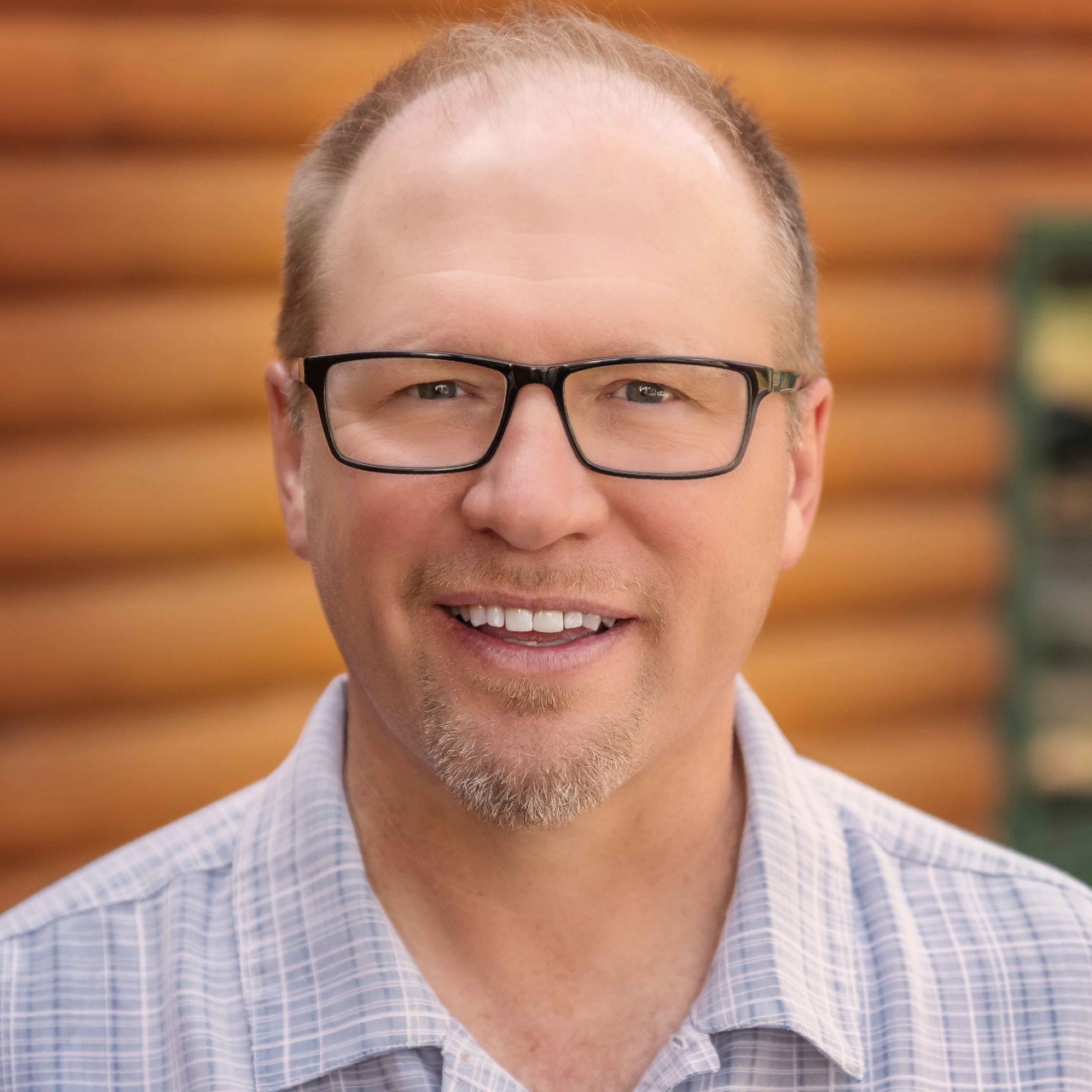
Church leaders even took the cruel and unprecedented step of stripping theologian Thomas Jay Oord of his church membership because of his affirming stance, meanwhile dozens of convicted sex offenders, including former pastors who are in prison or are legally barred from contact with minors have never faced any challenge to their membership.
How can I remain a member of a church that protects abusers while punishing those who seek to love their neighbors as Christ commands?
No one and nothing can take away the love I am called to give my life for, that too many leaders in the Church of the Nazarene have apparently rejected. They will never stop me or separate anyone they don’t like or understand from the love of God in Christ Jesus.
The table doesn’t belong to them, or to me, or any of us.
My entire life was spent tending a lamp of discipleship, only I was fueling a light powered by artificial means—institutional priorities like growth, longevity, and strength. But these cheap imitations compared to Christ’s love are shiny baubles, cold lenses refracting sparks without flame.
What if the failures of the institutional church signal an ending of religion constrained by all that is without love?
I believe that tending the real flame—to live in the power of God’s love—is to accept and give love without condition, without guilt—and if necessary, without the church.
To the pastor who thirty years ago drove two hours from Paris, Texas every Monday night to share your seminary textbooks and teach graduate level theology to a 13 year-old boy, and the small church board who gave me my first local ministers license, to the sweet couple who gave me a Wesley Study Bible and a computer when I left to study at a Nazarene university, to all my professors who encouraged me, and the district superintendent who gave my name to the board of the first church I ever pastored, don’t give up…NEVER stop encouraging and supporting those who are willing to spend their entire lives serving others in ministry. I am honored to have known you.
Whether you agree with my stance on LGBTQ+ affirmation or not, know that I will not allow any person acting in bad faith for selfish or corrupt purposes to stand between me and the life and calling of the Lord.
Have no doubt, this is not the end. I will serve the Lord who called me. And I will continue to write the stories of those who are persecuted by the church.



